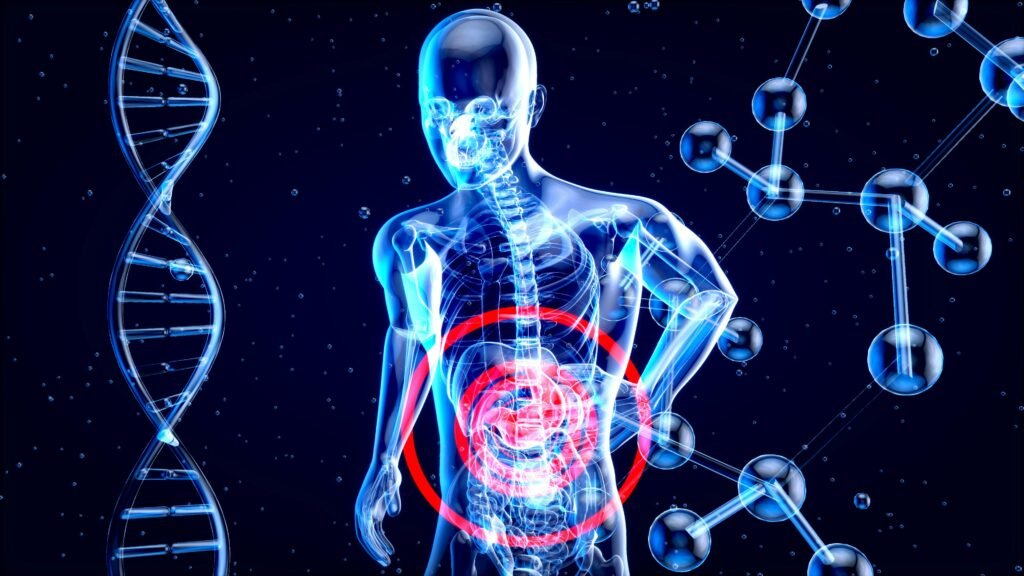
Artificial intelligence and advanced medical imaging are unlocking new possibilities in personalized medicine, diagnostics, and future healthcare innovations.
Artificial Intelligence (AI) is no longer a futuristic concept in healthcare—it is already transforming medicine and saving lives. From AI-powered diagnostics to personalized treatments and even “digital twins” of the human body, the medical world is undergoing a massive shift that will define the future of healthcare.
Breakthroughs Happening Right Now
Smarter Diagnoses
AI systems can analyze X-rays, MRIs, CT scans, and pathology slides with accuracy levels that often match or exceed human specialists. Early detection of cancer, Alzheimer’s, and heart disease is becoming faster and more reliable.
Drug Discovery on Fast-Forward
Traditional drug discovery takes over a decade. AI is cutting that timeline significantly by predicting how molecules will behave and identifying potential candidates in months. During the COVID-19 pandemic, AI tools helped accelerate vaccine and treatment development.
Personalized Treatments
AI uses clinical data, genetic information, and lifestyle patterns to design personalized treatment plans. In oncology, AI-driven tools are already helping doctors match patients with therapies tailored to their genetic profiles.
AI in Surgery
Robotic-assisted surgeries guided by AI are improving accuracy, reducing complications, and allowing for quicker recovery. Surgeons are supported with real-time insights, making complex procedures safer.
Everyday Health Monitoring
Wearables powered by AI are transforming patient care. Smartwatches and health trackers now detect irregular heart rhythms, monitor oxygen levels, analyze sleep, and even predict potential medical emergencies.
What the Future Holds
Predictive Medicine
The future of healthcare will shift from reactive to preventive. AI will help identify diseases before symptoms even appear, allowing for early intervention.
Virtual Doctors
AI-driven health assistants will handle routine consultations, making healthcare more accessible and freeing doctors to focus on complex cases.
Digital Twins
The concept of a “digital twin”—a virtual replica of a patient’s body—will allow doctors to test treatments digitally before applying them in real life.
AI for Mental Health
AI is evolving into a critical tool for mental health by analyzing speech patterns, facial expressions, and behavioral cues to detect stress, anxiety, or depression early.
Global Accessibility
AI promises to bridge the healthcare gap by bringing world-class diagnostics and treatment options to remote and underserved communities through mobile devices and cloud-based platforms.
The Big Picture
Medical advances using artificial intelligence are not about replacing doctors but about empowering them. AI will reduce errors, save time, and allow healthcare professionals to focus more on empathy and patient care.
The future of healthcare will be faster, smarter, more personalized, and more accessible—and artificial intelligence will be at the heart of it.







